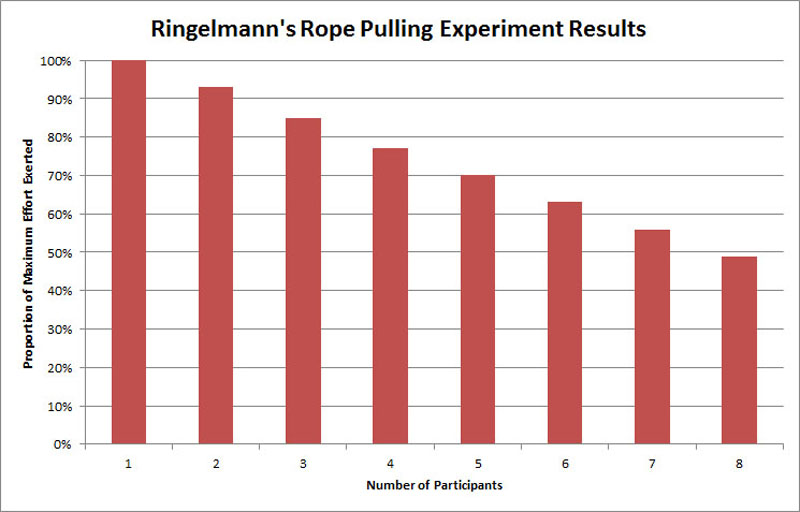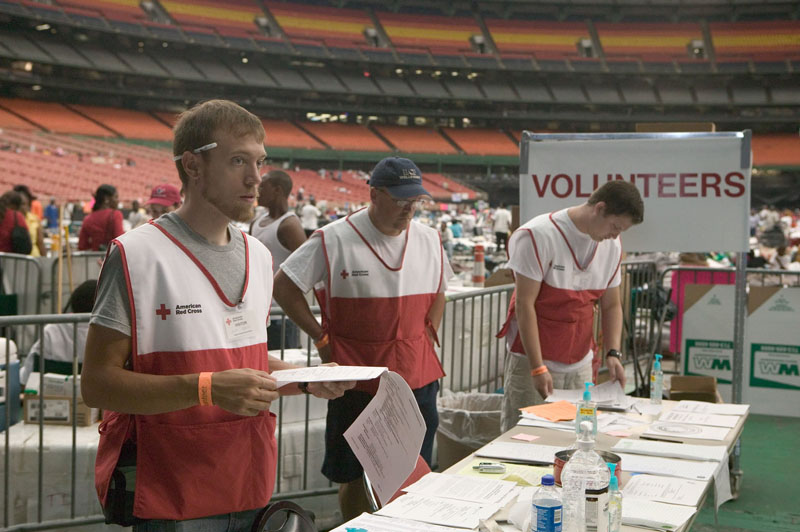Social Behavior
- Prosocial behavior is a social behavior that benefits other people or society as a whole, such as helping, sharing, donating, co-operating, and volunteering.
- A social relation or social interaction is any relationship between two or more individuals. Such relationships derived from individual agency form the basis of social structure and the basic object for analysis by social scientists
- Self-monitoring is defined as a personality trait that refers to an ability to regulate behavior to accommodate social situations.
- Display rules are a social group's informal norms about when, where, and how one should express emotions.
- Pluralistic ignorance is a situation in which a majority of group members privately reject a norm, but incorrectly assume that most others accept it, and therefore go along with it.
- Diffusion of responsibility is a phenomenon whereby a person is less likely to take responsibility for action or inaction when others are present. The individual assumes that others either are responsible for taking action or have already done so.
- The bystander effect is a social psychological phenomenon that refers to cases in which individuals do not offer any means of help to a victim when other people are present.
- Social loafing is the phenomenon of people exerting less effort to achieve a goal when they work in a group than when they work alone.
- Altruism or selflessness is the principle or practice of concern for the welfare of others. It is a traditional virtue in many cultures and a core aspect of various religious traditions and secular worldviews.
- Empathy-altruism is a form of altruism based on feelings for others.
- Cooperation is the process of groups of organisms working or acting together for their common/mutual benefit, as opposed to working in competition for selfish benefit.
- Inclusive fitness is a model for the evolution of social behaviors through the indirect reproduction of copies of a trait in other individuals. Alongside reciprocal altruism, it is considered one of the two primary mechanisms of the evolution of social behaviors in natural species.
- Aggression is overt, often harmful, social interaction with the intention of inflicting damage or other unpleasantness upon another individual.
- Relational aggression, also known as covert aggression, or covert bullying is a type of aggression in which harm is caused by damaging someone's relationships or social status.

The first known research on the social loafing effect began in 1913 with Max Ringelmann’s study. He found that when he asked a group of men to pull on a rope, that they did not pull as hard collectively as they did when each was pulling alone.
